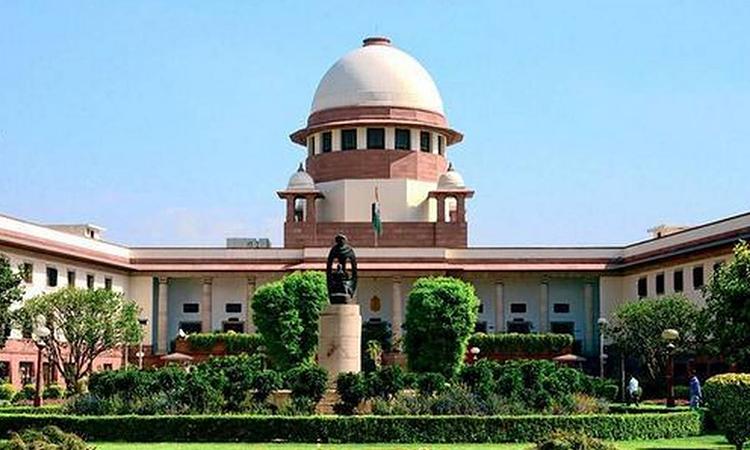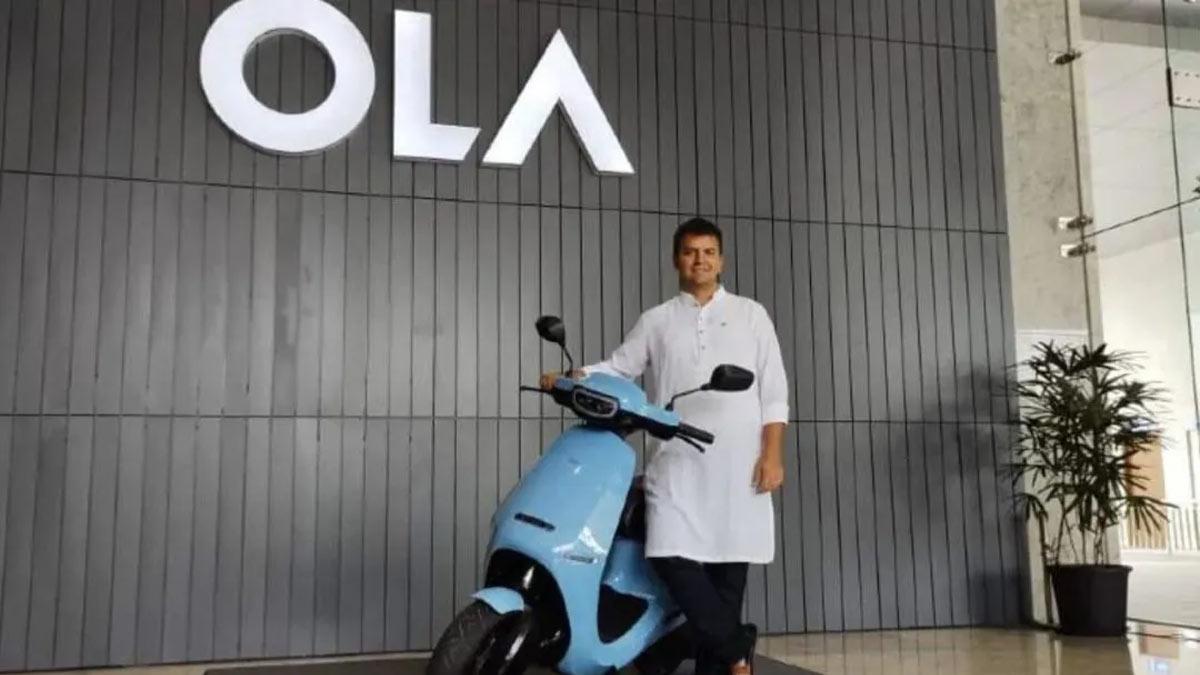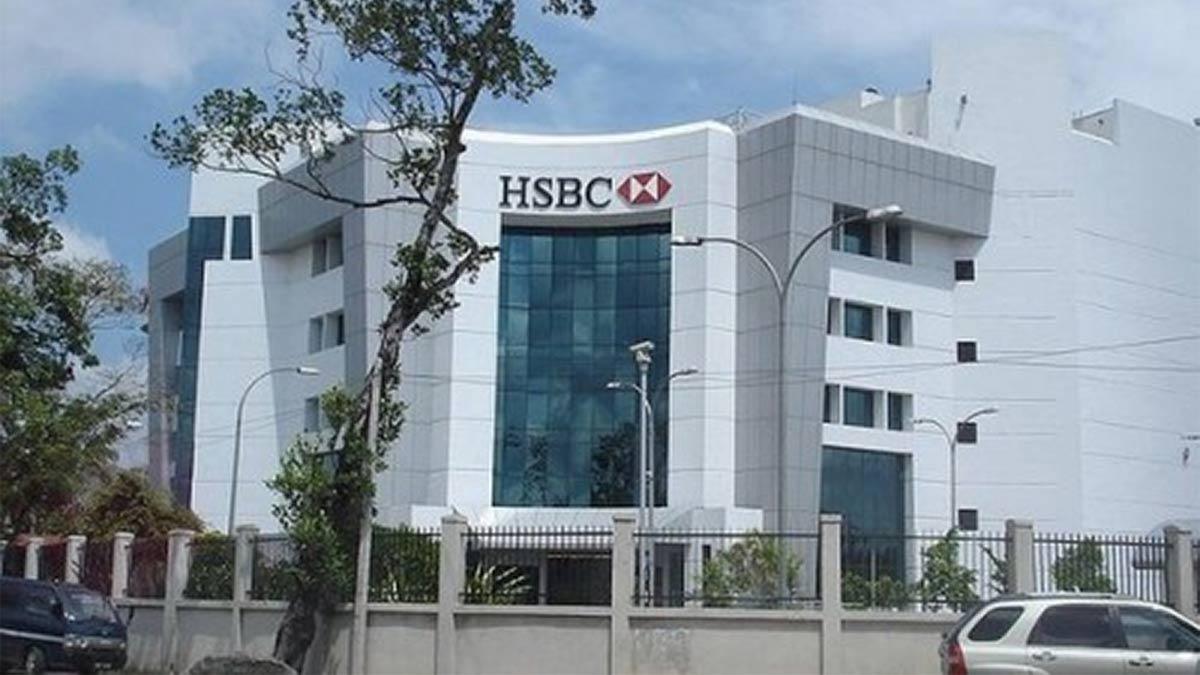The Supreme Court has rejected the plea of diplomatic immunity raised by Aircel founder C. Sivasankaran to resist the prosecution in money laundering cases in India, LiveLaw reported.
A bench comprising Justices A.M. Khanwilkar, Dinesh Maheshwari and C.T. Ravikumar dismissed the writ petition filed in 2019 by Sivasankaran, who claimed that he was an Ambassador of the Republic of Seychelles.
The bench noted that the Madras High Court had rejected Sivasankaran's plea for diplomatic immunity in 2019 and that he had filed the writ petition in the Supreme Court without challenging the High Court judgment, the report said.
Further, the bench also took note of a communication from the Seychelles Government to the Ministry of External Affairs in which it was stated that while Sivasankaran was the ambassador-at-large of Seychelles and had a diplomatic passport, his presence in India had no diplomatic purpose.
ALSO READ | Hasina ranked 43rd on Forbes' 100 Most Powerful Women list
Senior Advocate Maninder Singh, who appeared for Sivasankaran, submitted that the petitioner was a serving Ambassador of the Republic of Seychelles and he has immunity under the Vienna Convention from criminal proceedings in India.
Solicitor General of India Tushar Mehta, appearing for the Union Government, relied on the Seychelles Government's communication to submit that Sivasankaran's presence in India was not on official duty.
Taking note of these factors, the bench held that Sivasankaran's claims for diplomatic immunity cannot be accepted. Further, the bench observed that the Madras High Court's judgment "stares at the petitioner". It also expressed its agreement with the views of the Madras High Court, the report said.


















